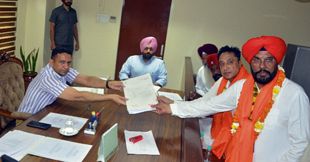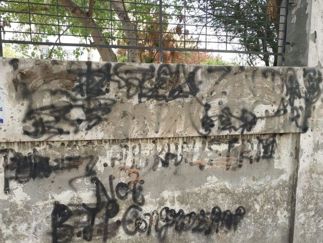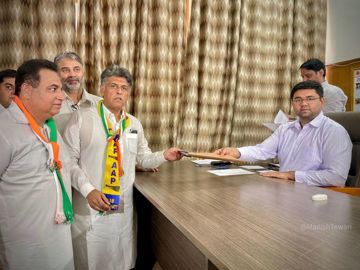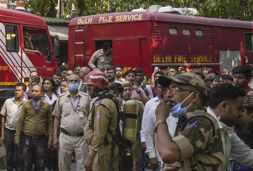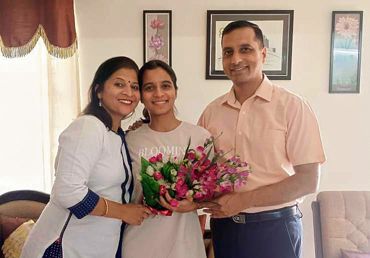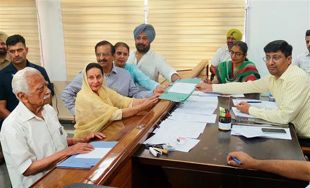Tribune News Service
Bathinda, February 20
The diagnosis and treatment of patients affected with Hepatitis-C has seen a rise in the district post the launch of Mukh Mantri Punjab Hepatitis-C Relief Fund (MMPHCRF) in June 2016. The sudden rise in diagnosis of the disease can be attributed to free of cost treatment rendered under the scheme.
Earlier, the diagnosis rate of the virus remained negligible in the district owing to lack of awareness regarding the symptoms of the disease and unwillingness on the part of the patients to seek treatment for the virus due to high cost that at times stretched beyond Rs 1 lakh (for patients affected with severe cirrhosis).
Since the schemes was launched (June, 2016), a total 3,100 patients detected positive for the virus have received treatment in the district. Earlier, high treatment cost, delayed detection and lack of awareness regarding the disease had contributed for low diagnosis and treatment of the disease.
As many as 900 patients received treatment in 2016 (June to Dec), 2,100 patients in 2017 and around 100 patients were treated in 2018 (as on Feb 20).
Earlier, few and far between cases of hepatitis-C were reported from the district due to dormant tendency of the disease and unwilling of patients to seek treatment due to high cost of treatment.
Dr Ramesh Maheswari, MD Medicine who serve at the general OPD of Civil Hospital, Bathinda said, “Until 2015, on an average, we came across around 5 to 6 patients of hepatitis-C in one month while the scenario is altogether different now as I check more than 250-280 patients affected with the virus. The MMPHCF scheme has not only provided for free treatment but also spread awareness regarding the disease that has resulted in increased inflow of patients.”
Post regular blood test if possibility of the virus is suspected then a rapid diagnostic test is done before Enzyme Linked Immuno Sorbant Assay (ELISA) conducted to confirm the presence of virus in the body. And when the treatment of the disease completes that usually takes 12 weeks to 24 weeks depending upon the severity of the virus, a Sustained Viral Response test is done to check whether the virus is still present in the body. And if the patient is treated completely, a certificate is issued to the
Apart from the viral load test that accounts for Rs 1800 at Lal Path labs (state government has tied-up with the private laboratory to facilitate the test on concessional rates), all other tests and medication expenses are borne by the government.
If the treatment through tablets (injectables were used prior to launching of scheme) is sought from a private hospital then medications alone would account for Rs 10 thousand to Rs 14 thousand for one month. The medicines and period of treatment for the disease depend upon the genotypes (disease is divided into six different categories).





















